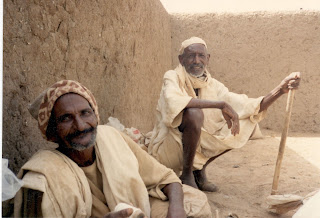Boy Jesus in the Temple by Heinrich Hofmann (Luke 2:41-51)
This past November, I posted five poems that sought to articulate the facial expressions and body language of the five men surrounding Jesus in the above painting. Only recently did I feel that I had something I could write with my focus on the young Son of God named Jesus in the center of that painting.
THE BOY WHO IS THE WORD OF GOD
 Even now at this tender
age,
Even now at this tender
age,He knows His Father's voice,
And says He needs to be
About His Father's business.
But does He truly understand,
The assignment He's been given?
Does this gentle, earnest boy,
Who is so eager
And so passionate
In His reflections on His Father,
Know that the business of His Father
Will one day cost His very life?
Can He see the distant cross
From this first of
Many Temple scenes,
Or hear the accusations
Of men who now
Stare at Him in awe?
What Scriptures have they opened
To inquire of this boy who is
The Word made flesh?
Are they reading of the Lamb,
Silent before its shearers,
Or of a people lost in darkness
Who see a radiant light?
That Light is shining bright this day,
As this boy who is the Lamb,
Who has spoken from the start,
Begins to speak at last,
For all on earth to hear.
You can also hear the thoughts of the other characters in the painting at "Who is this Boy who Speaks such Things?"
© 2017 by Ken Peters





